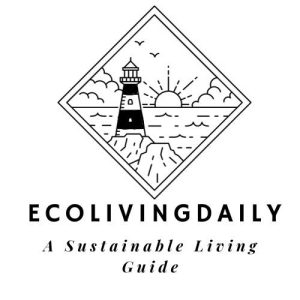This article contains affiliate links, click here for our full disclosure.
Make no mistake, and do not be fooled by the word ‘biodegradable’, this soft plastic has nowhere to go but landfill.
What we know.
Soft plastics that are recyclable through the REDcycle scheme must either have the REDcycle label or the ARL label, read more on this in my Recycling Myth-busting post. As the REDcycle program is still in the progress of being rolled out to include all soft plastic packaging, use the REDcycle – what to redcycle guide here.

Types of Soft plastics available:
Good old ‘normal’ soft plastics.
Basically, these are all the soft plastics that you have around with no indication on it’s packaging to say if it is biodegradable or compostable. These plastics would normally be suitable for the REDcycle recycling – see the guide above.
Compostable soft plastics.
These soft plastics are usually made of natural plant starch1, however it must be either certified Home Compostable or certified Industrial Compostable2 as that means that it has undergone tests to ensure that it can be properly composted and do not leave toxins in the soil. But here’s another catch, it doesn’t mean that once it is certified home or industrial compostable, that it is suitable to go into your Green FOGO organics bin! The only compostable plastics that can be used as caddy liners for your FOGO bin and can be deposited in your organics bin are those that are supplied from your council!! Otherwise, they belong in the landfill too!
Sassy Organics Shop Sustainable Skincare & Home Essentials |
Biodegradable plastics.
Unfortunately, there is no regulation regarding the use of this term so it could simply be plastics made from fossil fuel with chemical additives added to make them break down more readily into microplastics that linger in our environment.3 Hence, biodegradable plastics are always thrown into the Red landfill bins. 1, 3
Bioplastic.
These are soft plastics made from naturally-derived materials2 or a combination of natural and synthetic materials4. Similar to compost plastics, these plastics need to spot either the certified home or industrial compostable standards before they can be considered for the organics bin. Refer to your council guidelines to see if they accept certified compostable plastics.3

Save 40% On Earth Breeze’s Eco Sheets When You Subscribe!
2 Planet Ark: degradable and compostable
3 University of Technology Sydney: where can my plastics go?
Do you think the word ‘biodegradable’ should be better regulated to prevent public confusion? And what about the fact that being compostable does not necessarily mean that they can be used to line organic garbage? Tell me what you think in the comments below!

Leave a comment